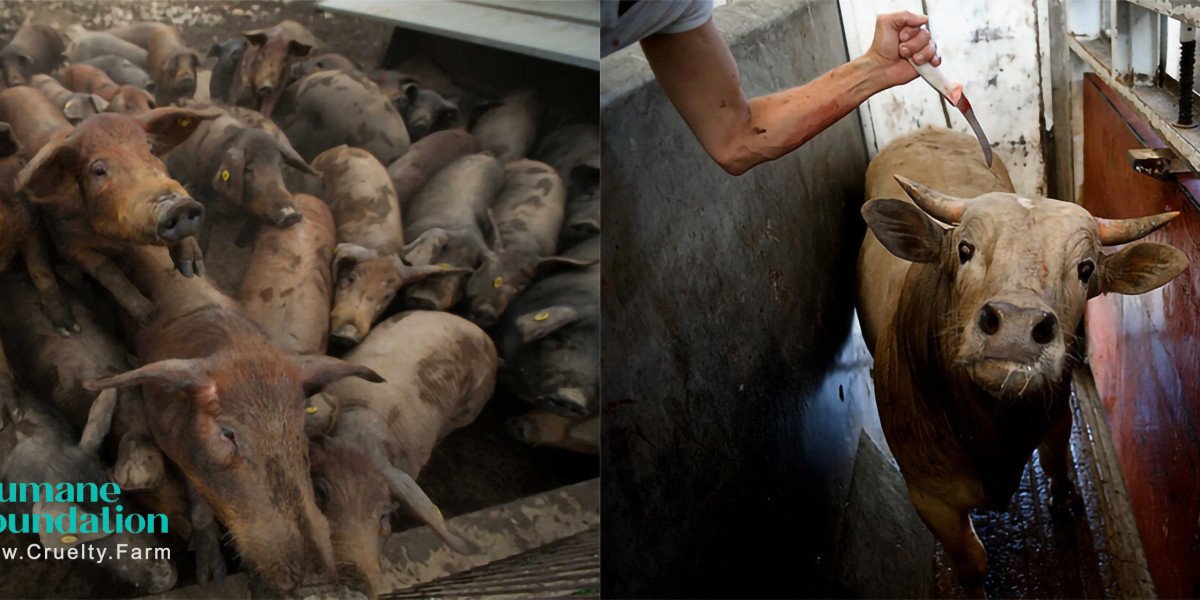Sustainable fishing cruelty is a topic that often sparks debate among environmentalists, fisheries experts, and conscientious consumers. The term refers to ethical concerns surrounding fishing practices, even within frameworks that claim to prioritize sustainability. While sustainable fishing aims to mitigate the environmental impact of harvesting seafood, questions persist about the welfare of fish and other marine life involved.
Critics of sustainable fishing cruelty argue that even practices labeled as sustainable can involve methods that cause harm to fish populations and ecosystems. For instance, methods such as longline fishing or trawling can inadvertently capture non-target species, leading to bycatch and mortality among marine life beyond the intended catch. This collateral damage raises ethical concerns about the suffering inflicted on unintended species during fishing operations.
Furthermore, some sustainable fishing practices may still subject fish to stress and injuries. Even when handled with care, the process of capture, handling, and storage can cause physical trauma and distress to fish before they are processed for consumption or released back into the wild.
Another dimension of sustainable fishing cruelty pertains to the welfare of fish during aquaculture practices. While aquaculture is often touted as a solution to overfishing, intensive fish farming operations can raise ethical concerns similar to those in land-based animal farming. Issues such as overcrowding, disease outbreaks, and the use of chemicals or antibiotics can impact the welfare of farmed fish, despite efforts to maintain sustainability in production.
Proponents of sustainable fishing acknowledge these challenges and advocate for continuous improvement in fishing practices. They emphasize the importance of adopting methods that minimize bycatch, protect marine habitats, and ensure responsible handling of fish to reduce stress and injuries. Initiatives such as the Marine Stewardship Council (MSC) certification aim to promote sustainable fishing practices that consider both environmental sustainability and animal welfare.
Consumer awareness and support for sustainable seafood play a crucial role in influencing fishing practices. Increasingly, consumers are seeking out products certified as sustainable by organizations like MSC or those labeled with eco-friendly practices that prioritize animal welfare. By making informed choices and supporting fisheries that adhere to high ethical standards, consumers can encourage the adoption of sustainable fishing practices across the industry.
In conclusion, while sustainable fishing represents a proactive approach to conserving marine ecosystems and ensuring seafood availability for future generations, the issue of sustainable fishing cruelty underscores the complexity of balancing ethical considerations with conservation goals. Addressing concerns about the welfare of fish and minimizing environmental impacts requires collaboration among stakeholders, ongoing research, and a commitment to evolving practices that prioritize both sustainability and compassion for marine life. By advocating for transparency and accountability in fishing practices, we can strive towards a more ethical and sustainable seafood industry that respects the welfare of all creatures in our oceans.
 AdBlock Detectado
AdBlock Detectado








